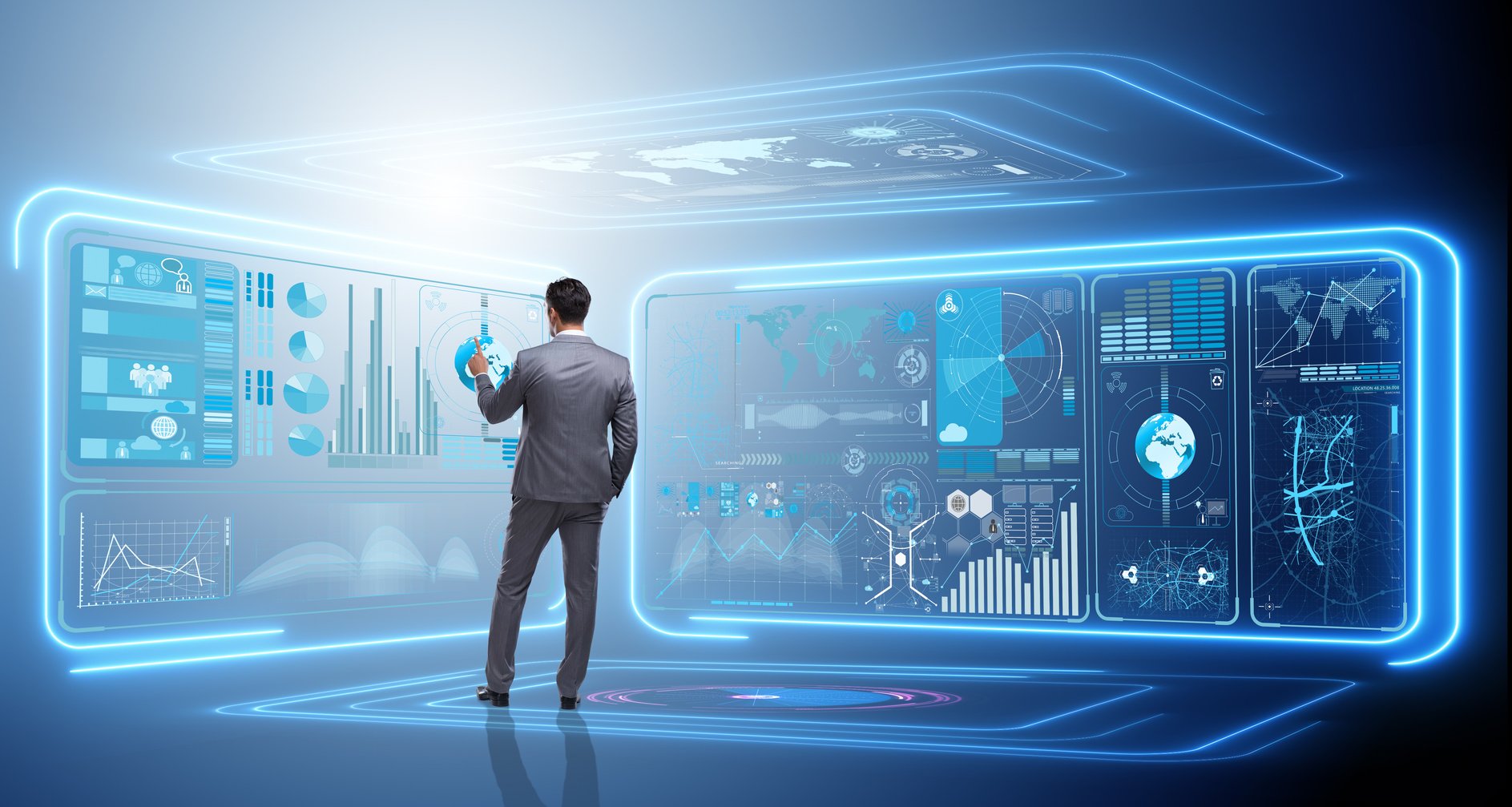In today’s rapidly changing business landscape, organizations are under immense pressure to keep up with the ever-evolving technology and the expectations of customers. The key to staying ahead of the competition lies in maximizing digital innovation efforts, leveraging data-driven solutions, and embracing automation. However, with great power comes great responsibility.
As organizations embrace digital innovation, they must also keep in mind the ethical considerations and moral implications of their actions. It is essential to balance the pursuit of innovation with ethical considerations, such as data privacy, security, and social responsibility.
The shift from event-driven business processes to intelligent-driven business processes is becoming increasingly prevalent. Thanks to the growth of sensors, the rise of computing power, and the volume of near-real-time data, organizations are now better equipped to make smarter decisions and drive faster actions using automation and workflows. The ubiquitous API-driven microservices and the advancements in AI and machine learning are driving enterprises to become far more data and intelligence-driven.
However, with the increased reliance on technology, comes an increased risk of cybersecurity threats and breaches. Organizations must invest in security solutions and protocols to protect their data and their customers’ data. Additionally, ethical considerations such as bias in AI algorithms and the use of personal data must also be taken into account to ensure fair and responsible use
In this article, we have examined few leading examples of how organizations are maximizing digital innovation efforts. Nike has leveraged 3D scanning, augmented reality, AI, and personalized product recommendations to create a mobile app-powered in-store experience called Nike Fit. BP and Infosys have partnered to provide Energy as Services, a solution aimed at providing more ESG outcomes for its clients. The Bhashini project powered by OpenAI ChatGPT and launched by the Ministry of Electronics in India is assisting farmers by providing them with real-time information and answering their questions in their native language, Hindi. Finally, Zipline has used drones to deliver blood and medical supplies to remote areas in Rwanda and Ghana, thereby making a significant impact for the greater public good.
These examples demonstrate the power of digital innovation to drive positive change and create value for customers while also contributing to social and environmental causes. However, it is important to maintain a balance between innovation and ethics to ensure that digital-led business processes benefit everyone. Let’s explore:
Nike has been a trailblazer in digital innovation with its mobile app-powered in-store experience called Nike Fit. The app uses 3D scanning, augmented reality, AI, a chatbot for questions, and personalized product recommendations, as well as an “At Home Try On” feature, to help customers find the perfect fit for their shoes. Nike Fit has not only improved the shopping experience for customers but also allowed them to shop safely from home, especially during the pandemic.
BP and Infosys have partnered to deliver Energy as Services, a solution aimed at providing more ESG (Environmental, Social, and Governance) outcomes for its clients. Through this partnership, BP is now able to help its clients maximize energy consumption while utilizing more sustainable sources.
Infosys has provided BP with digital solutions and tools to analyze data, optimize energy usage, and identify potential risks and opportunities. These tools include an energy management dashboard, real-time monitoring of energy usage, predictive maintenance, and safety monitoring. By leveraging these digital tools and solutions, BP is able to reduce its carbon footprint and move towards a more sustainable future. Furthermore, the partnership has enabled BP to create new business models, such as offering energy services as a subscription-based service, which allows customers to pay only for the energy they use. This not only reduces costs for customers but also encourages them to use energy more efficiently.
Overall, the BP and Infosys partnership is an excellent example of how digital innovation can be used to drive positive environmental and social impact while also creating value for customers.
India’s Bhashini project, powered by OpenAI ChatGPT, is another example of digital innovation with a moral compass. The Bhashini project is a digital initiative powered by OpenAI ChatGPT and launched by the Ministry of Electronics in India. The project aims to assist farmers by providing them with real-time information and answering their questions in their native language, Hindi. The platform leverages the power of AI to understand the farmer’s questions and provide them with accurate answers.
The Bhashini project is an excellent example of how digital innovation can be used to drive greater public good. By providing farmers with real-time information, the project helps them make more informed decisions and access government plans and subsidies more easily. This, in turn, helps farmers improve their yields, reduce their costs, and increase their income.
One of the key benefits of the Bhashini project is that it enables farmers to access information and services remotely, which is particularly important during the pandemic. It also eliminates the need for intermediaries, reducing the risk of fraud and ensuring that farmers receive the full benefit of government plans and subsidies.
One more example of digital innovation that has made a huge impact for the greater public good is Zipline, a company that uses drones to deliver blood and medical supplies to remote areas in Rwanda and Ghana.
Before the introduction of Zipline, these areas faced significant challenges in accessing critical medical supplies due to poor infrastructure, difficult terrain, and limited transportation options. Zipline’s drones have been able to deliver blood and medical supplies to these areas in a matter of minutes, saving countless lives and improving health outcomes for local communities.
The technology behind Zipline’s drones includes advanced navigation systems, real-time monitoring, and automated flight controls – allowing the drones to navigate difficult terrain and inclement weather conditions with ease. Additionally, Zipline has also partnered with local health systems to ensure that the right supplies are delivered to the right place at the right time.
Overall, Zipline demonstrates the power of digital innovation to address complex social challenges and make a significant impact for the greater public good
As organizations strive to maximize digital innovation efforts, they must keep in mind the ethical considerations of their actions. While digital innovation offers significant rewards, it also comes with risks. It is essential to maintain a balance between innovation and ethics to ensure that digital-led business processes benefit everyone. Organizations must invest in data-driven solutions, embrace automation, focus on customer experience, utilize cloud computing, and invest in security solutions while also keeping in mind ethical considerations such as data privacy, security, and social responsibility. By doing so, they can forge ahead and create greater digital goods while building a future for everyone.
In conclusion, the future of business lies in digital innovation, and organizations must invest in it to stay ahead of the competition. However, this pursuit of innovation must also be accompanied by a strong sense of ethics and responsibility. As organizations continue to embrace digital solutions, they must ensure that they are not just maximizing profits, but also driving positive change for the greater good. By balancing innovation and ethics, organizations can build a future that is not only successful but also sustainable, responsible, and inclusive.











